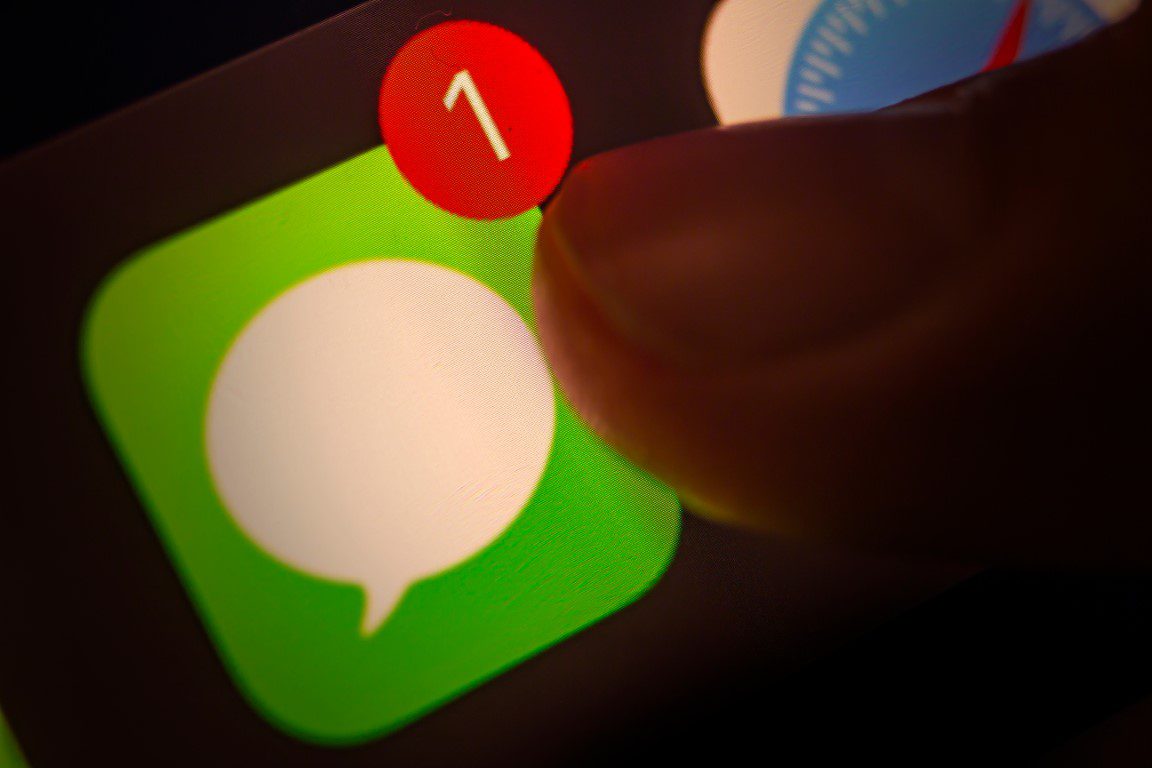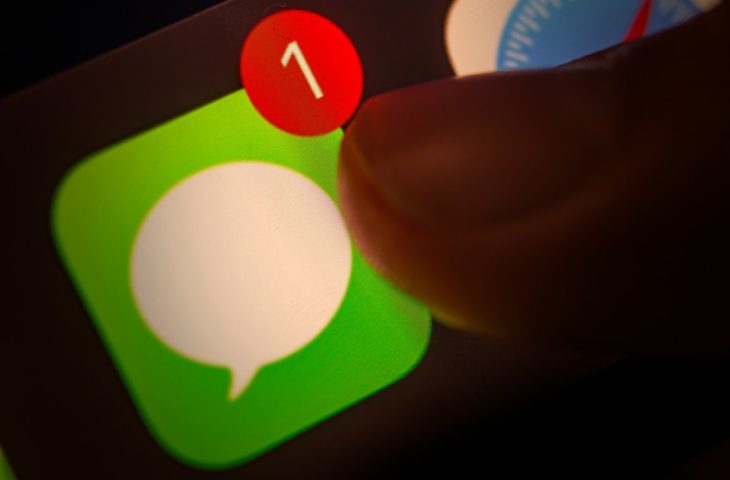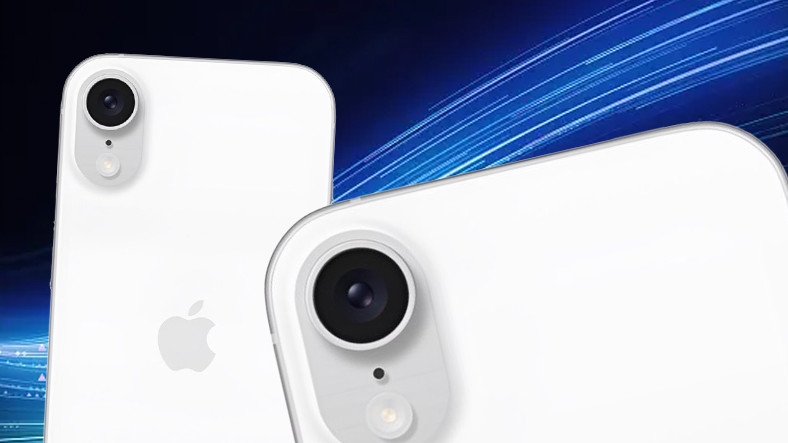The European Commission does not believe that Microsoft Bing and Edge and Apple iMessage are gatekeeper platforms within the meaning of the Digital Markets Act. This officially leaves the services exempt from important obligations, including interoperability.
The European Commission has ruled that Bing, Edge and iMessage are not gatekeeper services. In other words, the solutions are not ubiquitous enough to fall under the strict rules of the Digital Markets Act (DMA). Microsoft’s advertising services are also officially relieved.
Join the arguments
The decision is in line with expectations, but is still somewhat noticeable since all services attract enough users to qualify. Microsoft and Apple informed the EU as requested and subsequently argued that there were sufficient reasons not to qualify the platform services as gatekeeper platforms. The committee then began an in-depth analysis.
This investigation is now completed. The EU has weighed the arguments, sought input from key stakeholders and concluded that Bing, Edge, Microsoft Advertising and iMessage do not currently qualify as gatekeeper services. This may change in the future.
Good news for the tech giants
This is good news for Microsoft and Apple. According to the DMA, gatekeeper services such as WhatsApp, Google Search, LinkedIn and Chrome must adhere to strict rules. To mitigate the market dominance of such services, gatekeepers should, for example, make their services compatible with certain third-party solutions and not treat their own solutions more favorably than those of competitors.
For iMessage, the decision specifically means that Apple should not open its European messaging service to external parties and should keep the ecosystem closed. The DMA will come into force next month. The EU is also currently investigating Apple iPadOS.














